Suggestions
- Call your local Health Department to check up on regulations. You will more than likely need to get a series of permits, insurance and inspection certificates.
- Decide if you want to provide chef services (also known as in-home catering) or if you want to start a larger business, in which case you will need to rent an industrial kitchen.
- Plan a menu, paying special attention to what type of food you plan to offer and what type of food is off limits. Dishes that require exotic ingredients or are complex may not be the best option at the beginning of your business.
- Consider taking a few classes or workshops to learn about food trends and exotic meals before you start. Or invest in a business management class so you learn what's involved in managing your own business.
- Contact the National Association of Catering Executives to learn more about the business, get ongoing support and connect with other professionals in the business.
Tips
- Deciding on a niche market is important, since you will need to buy the right equipment to prepare the food.
- Other options in the food industry include selling home-cooked meals or bakery products through retail food stores or gourmet shops. You can also try partnering with hotels to offer meal delivery to rooms or with event venues to provide boxed lunches.
- When you're getting started, consider selling or giving away gift certificates so people can try your services risk-free and without any kind of long-term commitment. Giving samples away at supermarkets and shopping centers (together with a business card or a sample menu) is another way the word out about your business.
- Decide if you need a loan or if you can fund the business on your own. Take time to create a business plan and get organized long before you plan on getting started.
- Between fees for permits and cooking equipment, you're looking at an initial investment of at least $1,000. Catering is not a home business that can be started for no money down, so keep that in mind if you're on a tight budget.
______________________


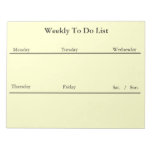
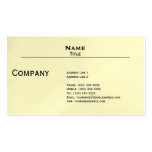
 Eggshell (Textured) Business Card
Eggshell (Textured) Business Card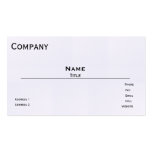

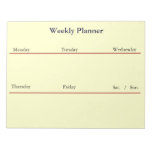
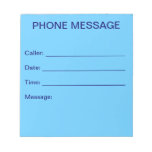
No comments:
Post a Comment